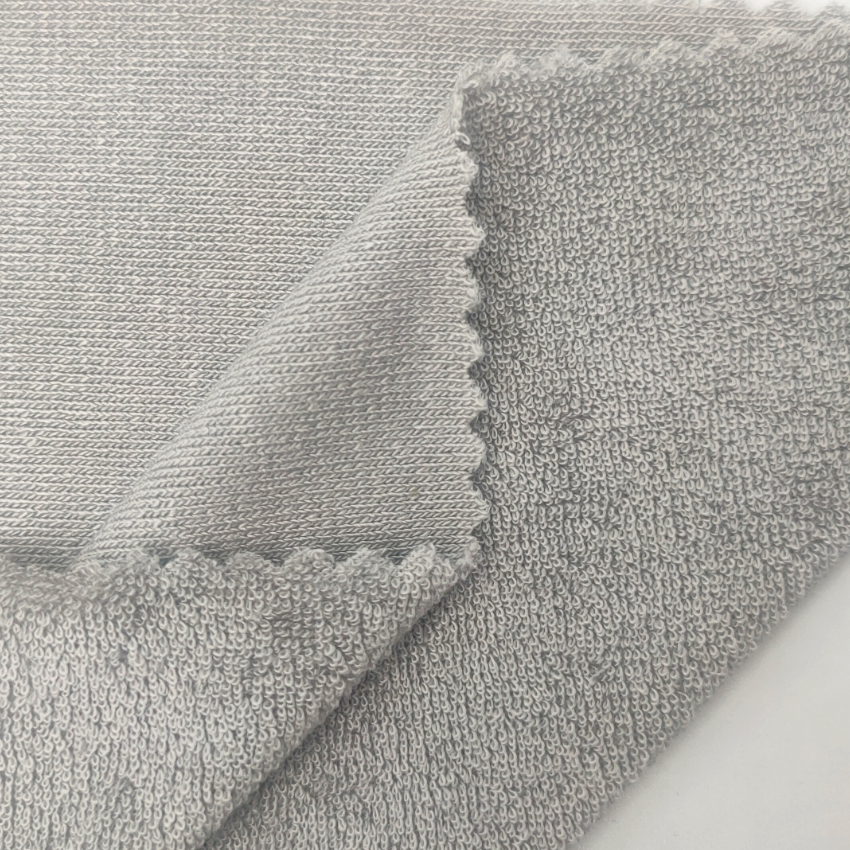Manufacturers working with bamboo fabric to ensure sustainability and ethical practices should consider various factors throughout the entire production process. Adhering to responsible practices not only benefits the environment but also supports fair treatment of workers and promotes transparency in the supply chain.
Here are key considerations for manufacturers:
- Bamboo Source and Harvesting:
- Sustainable Sourcing: Ensure bamboo is sourced from responsibly managed forests or bamboo plantations to avoid contributing to deforestation.
- Certifications: Seek bamboo with certifications (e.g., FSC certification) to confirm sustainable and ethical sourcing.
- Chemical Processing:
- Eco-Friendly Processing: Choose manufacturing processes that use environmentally friendly chemicals and methods to convert bamboo into fabric.
- Closed-Loop Systems: Implement closed-loop systems to minimize the environmental impact of chemicals used during processing.
- Water Usage:
- Water Conservation: Implement water-saving technologies and practices during the manufacturing process to minimize water consumption.
- Wastewater Treatment: Establish effective wastewater treatment systems to ensure responsible disposal of process water.
- Energy Efficiency:
- Renewable Energy: Invest in renewable energy sources (e.g., solar, wind) to power manufacturing facilities and reduce reliance on non-renewable energy.
- Transportation:
- Carbon Footprint: Minimize the carbon footprint by optimizing transportation routes and using eco-friendly shipping methods.
- Certifications and Standards:
- Organic Certifications: Consider obtaining organic certifications for bamboo fabric, ensuring compliance with strict environmental and social criteria.
- Global Organic Textile Standard (GOTS): Adhere to GOTS, China Bamboo Fabric suppliers a widely recognized standard for organic textiles that includes ecological and social criteria.
- Supply Chain Transparency:
- Traceability: Establish a transparent supply chain, allowing for traceability from bamboo source to the finished product.
- Supplier Audits: Conduct regular audits of suppliers to ensure they meet environmental and ethical standards.
- Fair Labor Practices:
- Worker Rights: Ensure fair wages, reasonable working hours, and safe working conditions for all employees involved in the production process.
- Social Compliance: Adhere to social compliance standards and codes of conduct to protect workers’ rights.
- Community Engagement:
- Community Impact: Consider the impact of operations on local communities and engage with them to address concerns and contribute positively.
- End-of-Life Considerations:
- Biodegradability: Design products with end-of-life considerations, ensuring that bamboo fabric is biodegradable or recyclable.
- Take-Back Programs: Implement take-back programs or recycling initiatives to manage product disposal responsibly.
- Innovation and Research:
- Green Technologies: Invest in research and development of green technologies that can enhance the sustainability of bamboo fabric production.
- Circular Economy Practices: Explore circular economy practices to minimize waste and encourage product longevity.
- Compliance with Regulations:
- Legal Compliance: Ensure compliance with local and international environmental and labor regulations to avoid legal issues.
- Consumer Education:
- Transparency: Educate consumers about the sustainable and ethical practices employed in bamboo fabric production to build trust and loyalty.
- Continuous Improvement:
- Feedback Mechanisms: Establish mechanisms for receiving feedback from stakeholders and use it to continuously improve sustainability and ethical practices.
- Collaboration with Stakeholders:
- Industry Collaboration: Collaborate with industry peers, NGOs, and other stakeholders to share best practices and drive collective efforts toward sustainability.
By integrating these considerations into their operations, manufacturers can contribute to a more sustainable and ethical bamboo fabric industry, meeting the growing demand for eco-friendly and responsibly produced textiles.
